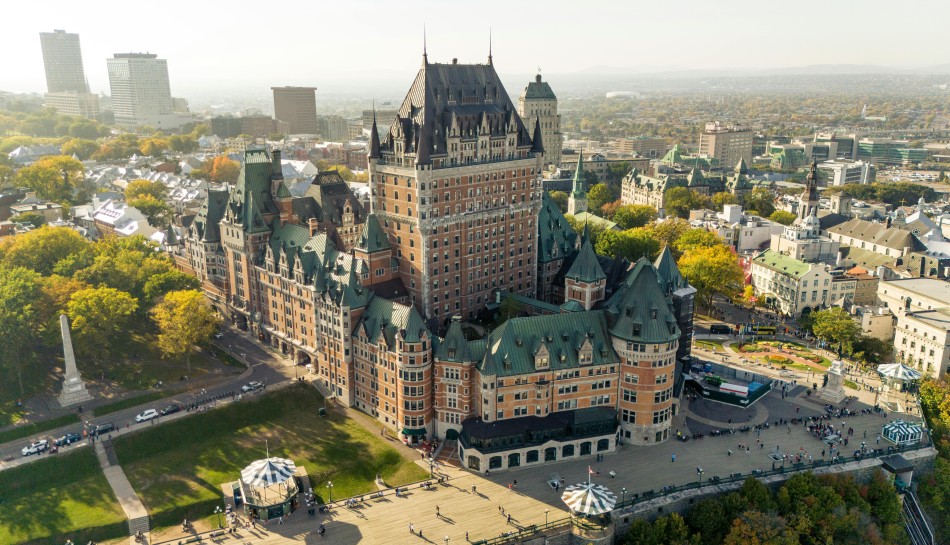New Brunswick begins reopening immigration programs
New Brunswick will finally begin opening its immigration streams, after a period of adjustment following notice from the federal government that the province would only be given 2,750 immigrant nomination spaces this year.
The 2,750 spaces will be split up between the New Brunswick Provincial Nominee Program NBPNP (1,500) and the Atlantic Immigration Program (AIP) (1,250).
In a press release on February 5, Jean-Claude D’Amours, acting Minister of Post-Secondary Education for the province, stated that the significant reduction in allocations for 2025 has forced the province “to make difficult decisions."
The average cost of buying a home in Canada’s largest cities
Housing has become a key issue for Canadians in 2024, with much attention given to the impact that changing interest rates, population increases, natural emigration patterns, and other factors have had on housing costs.
After compiling a guide on rental costs across Canada in 2024, CIC News has prepared the following guide on the costs of buying a home in Canada, considering the largest cities and population centers in each of the country’s provinces.
Quebec announces suspension of LMIA processing for some low-wage temporary foreign workers
Starting September 3rd, the processing of Labour Market Impact Assessments (LMIAs) to applicants in Montréal will be suspended for job offers with hourly wages below $27.47 CAD (the Quebec median hourly wage). This measure is expected to be in place for the next six months and has been approved by the federal government of Canada.
Here’s why the number of temporary workers in Quebec has nearly quadrupled in eight years
According to a recent report by a Quebec-based non-profit think tank, the province’s growth in temporary immigrants was primarily driven by two programs: the Temporary Foreign Worker Program (TFWP) and the International Mobility Program (IMP).
According to this report, published by the Institut du Quebec (IDQ) last month, Quebec’s temporary resident population grew 46% in 2023 and most of this growth was due to an influx of temporary workers. Specifically, Quebec had 167,435 temporary work permit holders last year, almost four times as many as in 2015.
How long will it take to become a permanent resident of Canada in 2024?
Foreign nationals seeking permanent residence (PR) in Canada often look for the fastest pathway to achieving their goal and starting a new life in this country.
On a basic level, Canada has four primary immigration classes: economic immigration, family-class sponsorship, humanitarian/compassionate immigration and immigration for refugees/protected persons.
However, within those four general classifications, Immigration, Refugees and Citizenship Canada (IRCC) provides foreign nationals with more than 100 ways to immigrate to Canada.


















